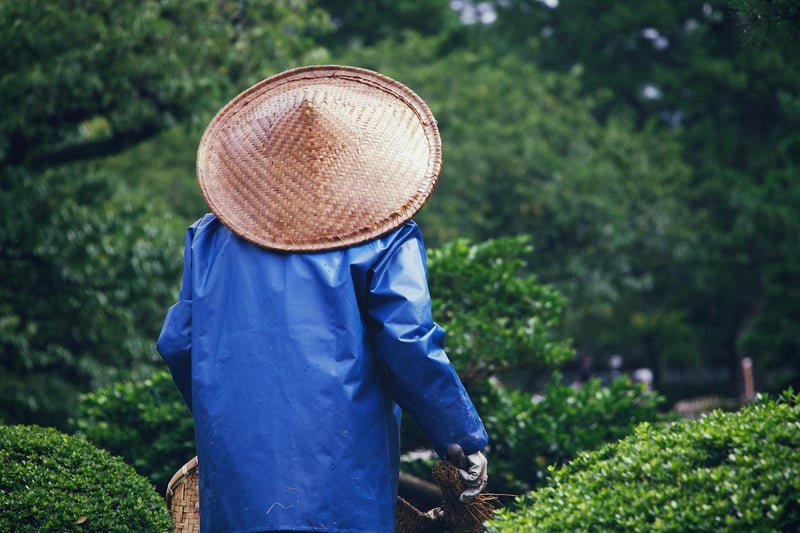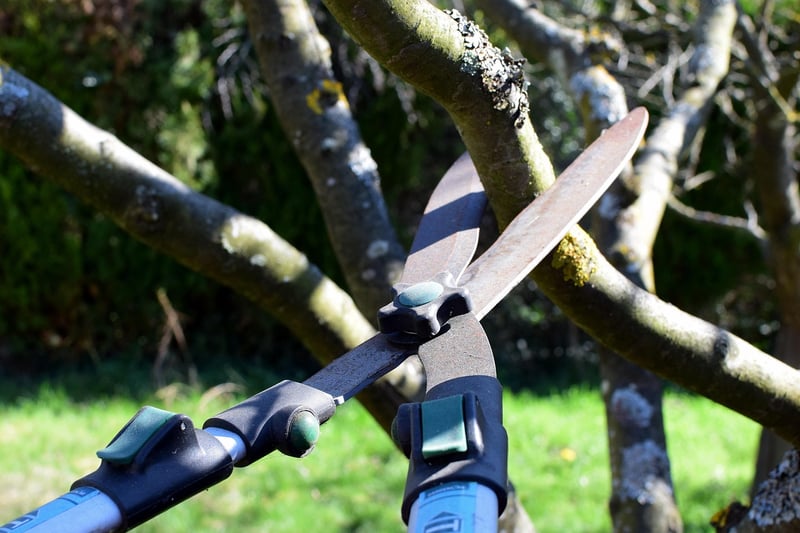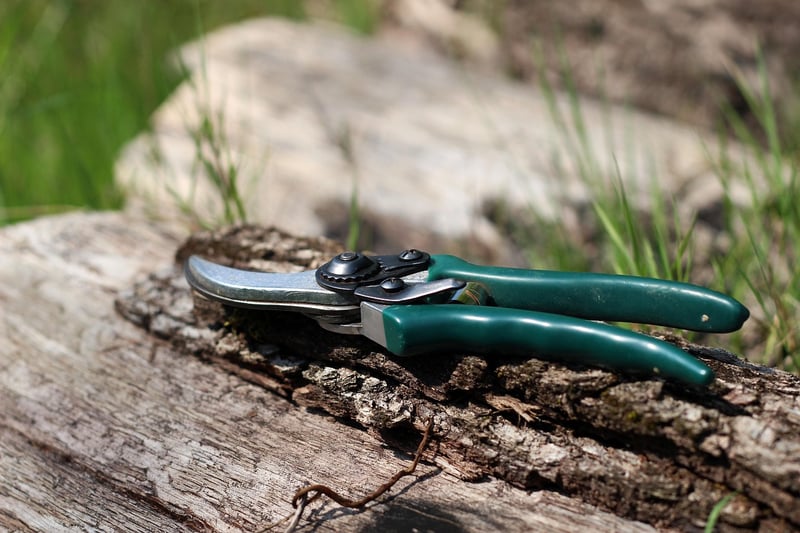Pruning Techniques
Essential Guide to Plant Maintenance and Pruning Techniques
Introduction
Proper plant maintenance and pruning are essential for the health and vitality of your garden. This guide will provide you with valuable insights and techniques to ensure your plants thrive and look their best.
Plant Maintenance Tips
Regular maintenance plays a crucial role in plant health. Here are some tips to help you keep your plants in top condition:
- Water your plants regularly, considering their specific watering needs.
- Monitor for pests and diseases, and take prompt action if any issues arise.
- Remove weeds regularly to prevent competition for nutrients.
- Fertilize your plants as needed to provide essential nutrients for growth.
- Inspect your plants regularly for any signs of stress or damage.
Pruning Techniques
Pruning is a critical practice that helps maintain the shape, health, and productivity of plants. Here are some pruning techniques to master:
- Deadheading: Remove spent flowers to encourage new growth and prolong blooming.
- Thinning: Remove excess branches to improve air circulation and light penetration.
- Heading back: Cut back a portion of a branch to promote new growth and maintain plant shape.
- Pruning for rejuvenation: Cut back old or overgrown plants to stimulate new growth.
Benefits of Pruning
Pruning offers various benefits, including:
- Improved plant appearance
- Enhanced flower and fruit production
- Prevention of disease and pest infestation
- Control of plant size and shape
Conclusion
By following proper plant maintenance practices and mastering pruning techniques, you can ensure your garden remains healthy, vibrant, and visually appealing. Invest time in caring for your plants, and you will be rewarded with a beautiful and thriving outdoor space.
Additional Resources:
For more information on plant maintenance and pruning techniques, check out Royal Horticultural Society.


